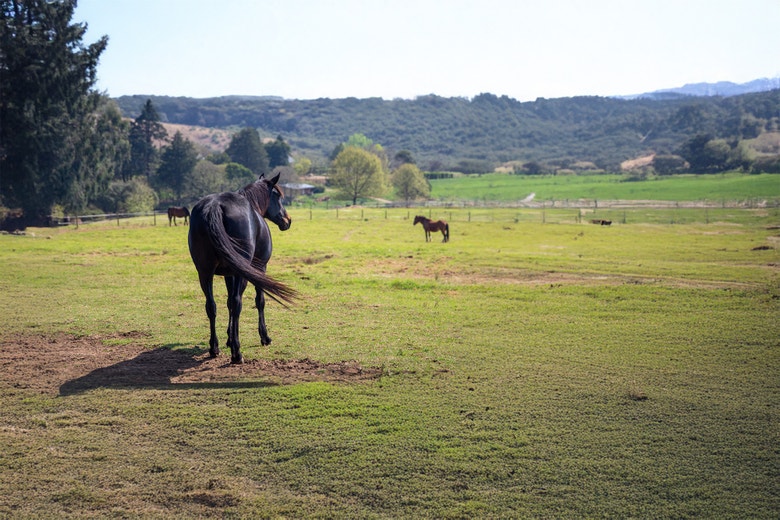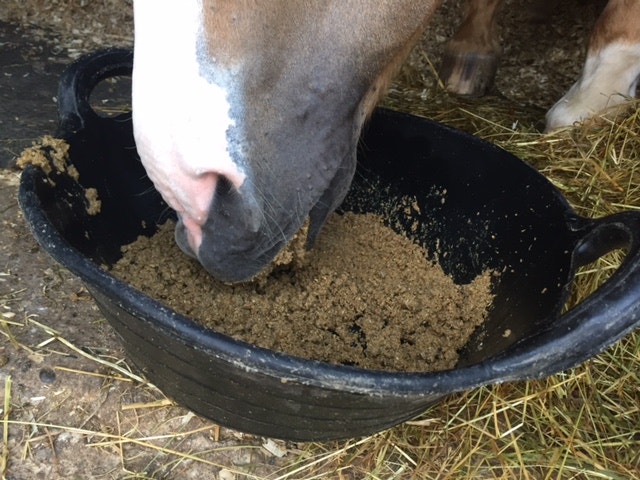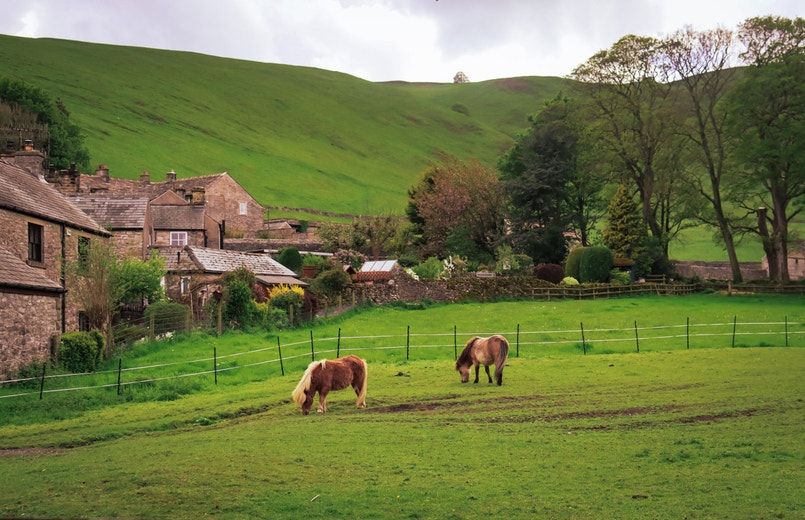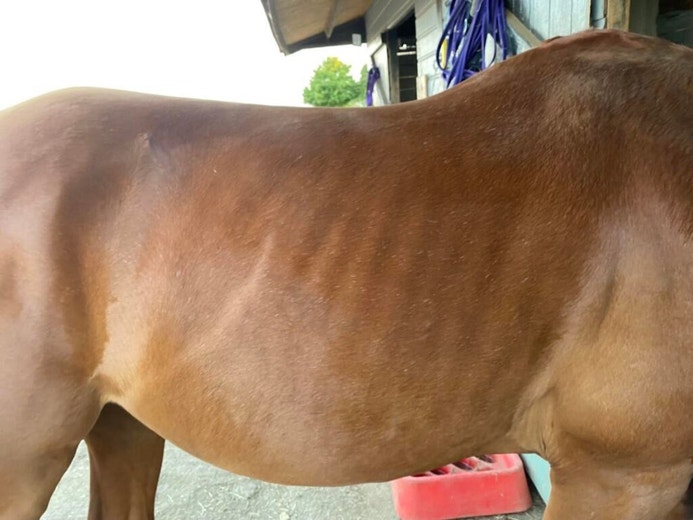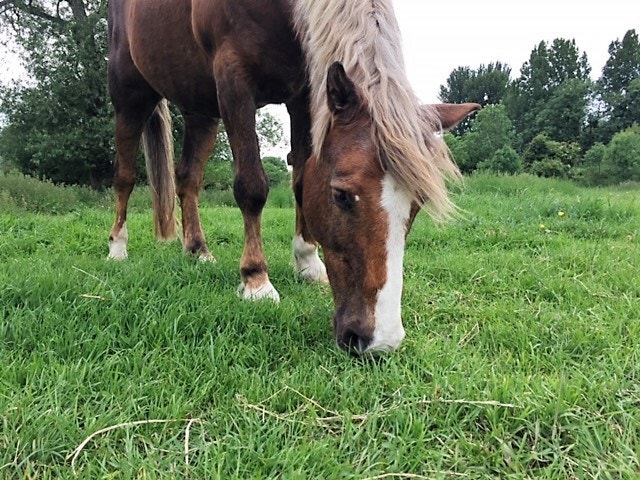Summer feed & management tips for your horse
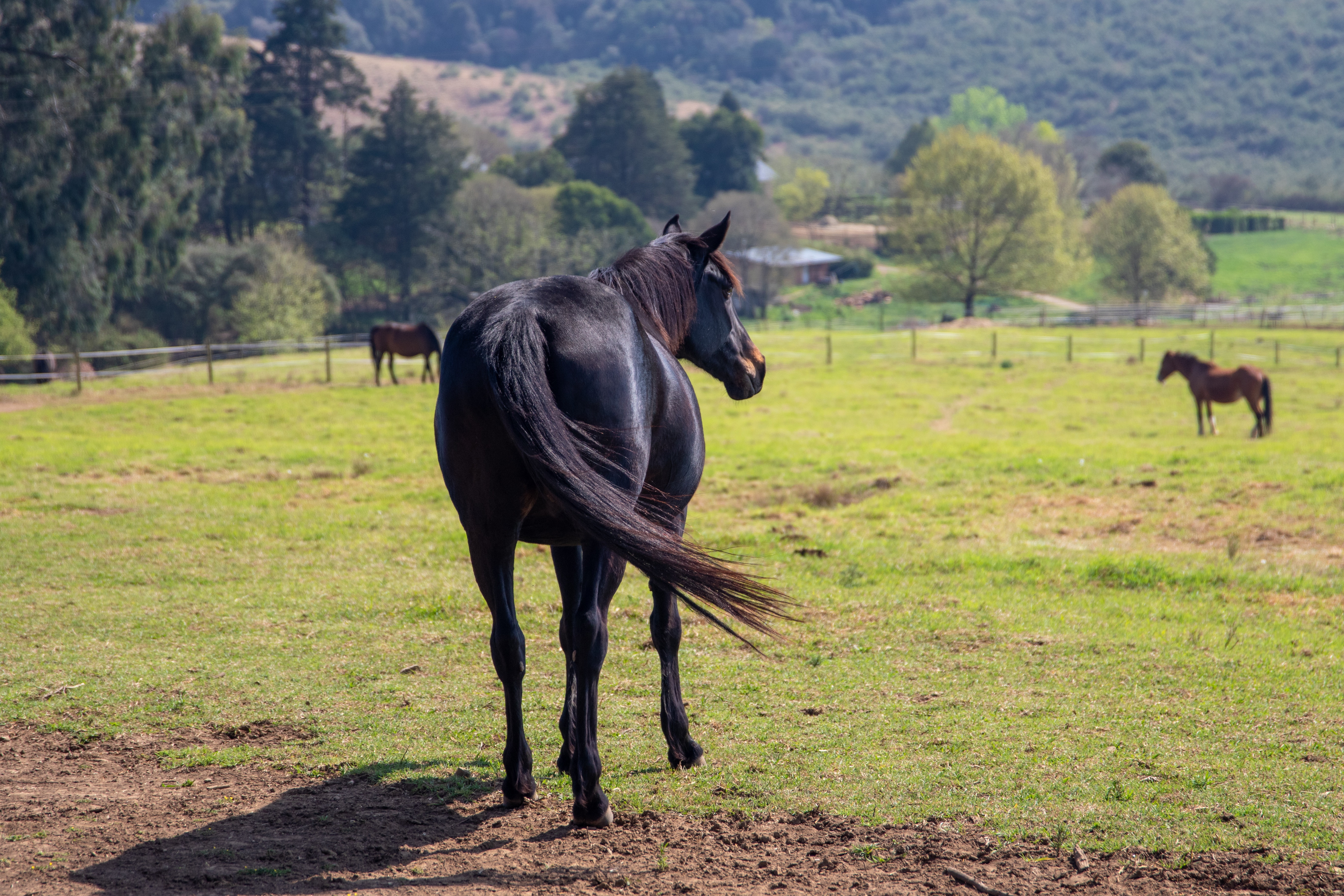
With summer (hopefully) just around the corner, many owners will be looking forward to spending more time with their horse. Whether this means more hacking, heading off to camps, clinics and competitions or just enjoying the company of your much-loved horse, we hope these feed and management tips will help you prepare for the season ahead.
Grass
Grazing may continue to exceed calorie requirements for good doers, even once the rapid spring growth is over, so consider strip grazing, using a grazing muzzle or stabling for part of the day or overnight.
Yellow grass may not look particularly appetising but will have a similar energy (calorie) level to hay so can easily sustain many horses if there is enough of it available.
If grazing is sparse, poor doers may need additional feed in addition to supplementary hay/ haylage.
Scorched grass may be high in water soluble carbohydrate (WSC) or ‘sugar’.
Watch out for sand (or soil) colic if your field starts to resemble a desert. If grass coverage is very sparse consider feeding hay or a low-calorie hay replacer, ideally in a net, feeder or bucket rather than from the ground.
When rain inevitably follows a drought there will be a rapid increase in growth so restrict access to grazing for good doers and laminitics (those at very high risk of laminitis may need to be removed from grazing completely).
Good nutrition is about balance!
Many horses maintain weight easily on forage or reduced rations of feed and in these situations, a balancer is the ideal way to provide vitamins, minerals and amino acids (quality protein), without excess calories, sugar and starch. Remember:
Increasing feeding in anticipation of increased work may lead to weight gain.
An increase in work doesn’t always warrant an increase in ‘bucket feed’.
Forage only diets may fall short of key nutrients including copper, zinc, selenium, vitamin E and lysine.
Tip: continue to monitor your horse’s weight and body condition score regularly throughout the summer. Have you seen our weight management tools?
Avoid sudden changes in feed & management
If you’re heading off to a camp or a big competition, you may be questioning whether it’s necessary to change your horse’s feed. However, sudden changes in feed and/ or management are a risk factor for colic and in some cases, tying up and laminitis too so should be avoided wherever possible. Feeding for optimum performance and recovery begins long before the day of competition so establishing an appropriate diet beforehand is key. In some cases, horses may work harder during training than on the day of competition. Where possible, try to take your horse’s normal hay/ haylage with you camps and overnight shows.
If your horse normally lives out and staying away from home means no turnout, ideally try to gradually introduce them to being stabled and eating some hay/ haylage beforehand.
Resist the temptation to change or increase your horse’s feed immediately before or after an event.
Water
Hydration is key to health and performance:
Make sure automatic drinkers are working.
Check/ refill buckets and troughs regularly – if the sun scorches the grass, water intake from the water trough could more than double!
Consider feeding a mash – not only does this increase water intake from feed, but it may also encourage your horse to drink more water too!
If your horse is reluctant to drink ‘strange’ water or in unfamiliar environments, try taking water with you when going to shows or offering flavoured water (you may need to ‘train’ to your horse to drink flavoured water at home first). Always offer plain water as an alternative and if you’re competing under rules consider the risk of prohibited substances when choosing a flavour.
Offer water frequently while travelling for long periods.
Look for changes in herd dynamics and signs of bullying – older or less dominant horses may be prevented from accessing water. Where possible, provide more than one source of water and/ or a large water trough.
Electrolytes
All horses require some electrolytes to maintain health and replace losses in urine and droppings. However, these ‘maintenance’ requirements can typically be met by feeding plenty of forage and the recommended ration of an appropriate compound feed or balancer. Additional electrolyte losses are linked to sweat loss – the more your horse sweats the more electrolytes they will lose. We generally recommend access to a salt lick but those sweating on a regular basis will need some form of electrolyte replacement. The main electrolytes lost in sweat are sodium, potassium and chloride. Forage is typically high in potassium so for many horses simple table salt (the salt you put your chips!), which is a combination of sodium and chloride, is an effective supplement. The amount of additional salt you need to feed will also depend on how much your horse sweats and how much sodium is already provided by the base diet so contact a nutrition advisor for specific advice.
Soaking hay & feeds
Although soaking hay helps to reduce the water soluble carbohydrate (WSC) or ‘sugar’ content, it causes an increase in microbial contamination which is likely to be exacerbated in hot weather. In warm/ hot weather (ambient temperature 16°C and above), soak for 1-3 hours to try and maintain a balance between promoting WSC losses and maintaining hygiene. If you’re concerned about respiratory health, soaking for just 10 minutes may be sufficient to swell ‘dust’ spores – alternatively consider feeding steamed hay (using a commercial steamer, homemade steamers may act as an incubator for bacteria) or haylage.
Soaked feeds can start to ferment quickly in hot weather so avoid soaking in advance as the weather heats up – quick soaking varieties are ideal in this situation. If you do choose a mash that requires a longer soaking time, keep it covered and in warm weather, try to leave it in a cool dark place.
Temperature control
Did you know senior horses may find it harder to regulate their body temperature? Consider additional shade, clipping and cold hosing to help keep your senior cool during hot weather.
For specific advice on feeding your horse this summer contact the SPILLERS Care-Line.
